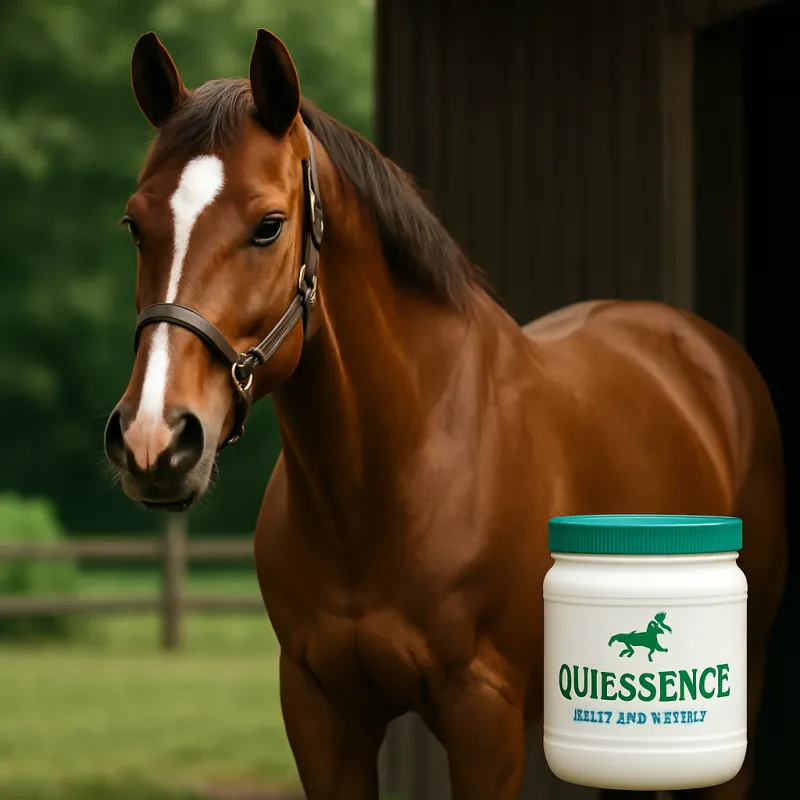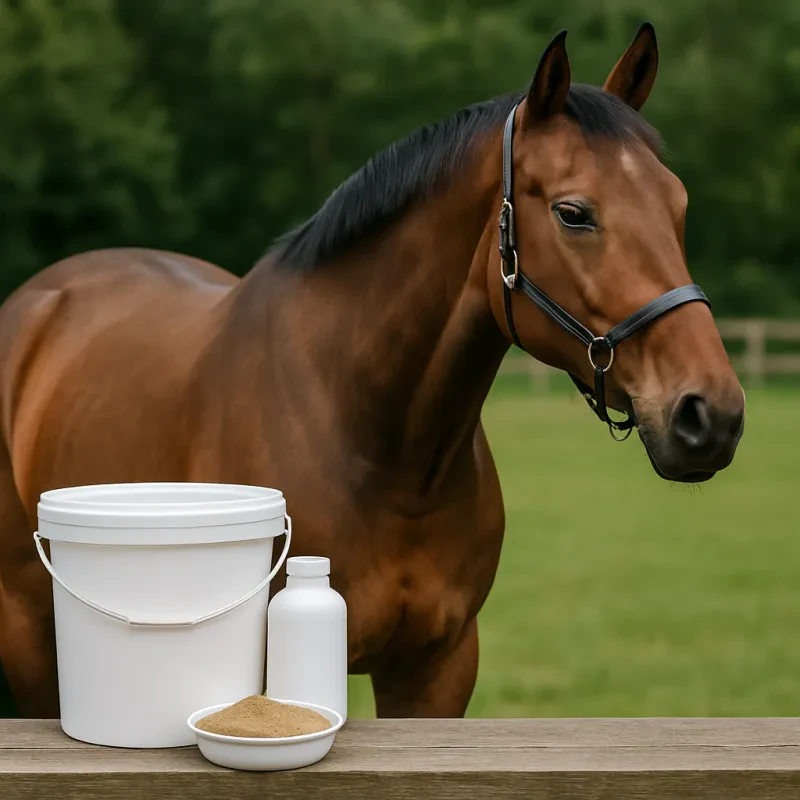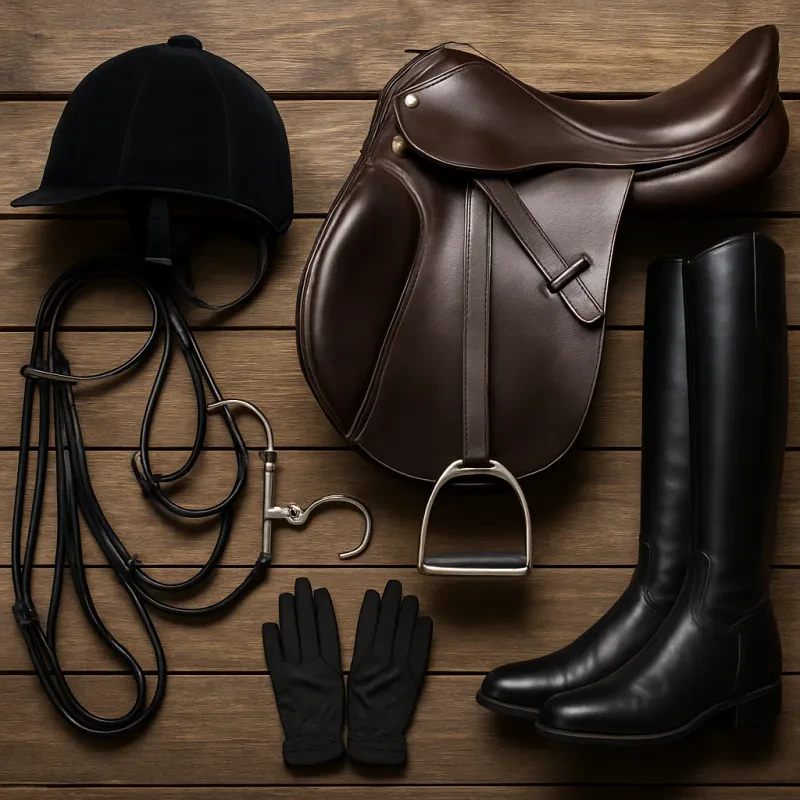Vaccinations are another crucial aspect of maintaining your horse's health. Vaccines help prevent deadly diseases such as West Nile virus, tetanus, and rabies. Your vet will recommend a vaccination schedule based on your horse's age, lifestyle, and risk factors. Keeping up with these vaccinations can greatly reduce the chances of your horse falling ill.
By staying on top of regular check-ups and vaccinations, you are taking proactive steps to ensure your horse's long-term health and well-being. Your vet is a valuable resource for information and advice on how to best care for your furry friend. Remember, prevention is always better than cure when it comes to keeping your beloved horse healthy and happy.
Proper Nutrition for Optimal Health
Maintaining proper nutrition is essential for keeping your horse healthy and happy. A well-balanced diet is crucial for providing your horse with the necessary nutrients to support their overall health and well-being. A diet that is lacking in essential nutrients can lead to a variety of health issues, including poor coat condition, weight loss, and digestive problems.
When it comes to feeding your horse, it's important to provide a diet that is tailored to their individual needs. Horses have different nutritional requirements based on their age, weight, activity level, and overall health status. Consulting with a veterinarian or equine nutritionist can help you develop a feeding plan that meets your horse's specific needs.
In general, a horse's diet should consist of high-quality forage, such as grass hay or alfalfa, supplemented with a balanced commercial feed. It's important to provide access to fresh, clean water at all times, as dehydration can quickly lead to health issues. Additionally, regular dental check-ups are important to ensure that your horse is able to properly chew and digest their food. By providing your horse with a nutritious diet and proper care, you can help them maintain optimal health for years to come.
Exercise and Activity Guidelines for Horses
Maintaining a healthy exercise regimen is essential for keeping your horse happy and in good shape. Regular physical activity not only helps prevent obesity and related health issues, but it also keeps your horse mentally stimulated and engaged. When it comes to exercise, consistency is key. Aim to provide your horse with at least 30 minutes to an hour of structured exercise every day, such as riding, lunging, or groundwork.
In addition to regular exercise, it's important to ensure that your horse has access to plenty of turnout time. Turnout allows your horse to move around freely, socialize with other horses, and graze on fresh grass, all of which are beneficial for their physical and mental well-being. Try to provide your horse with at least a few hours of turnout each day in a safe and secure paddock or pasture.
When planning your horse's exercise routine, consider their age, fitness level, and individual needs. Young horses may benefit from more frequent but shorter sessions, while older horses may require a more gentle approach. Always warm up and cool down your horse properly before and after exercise to prevent injury. Finally, listen to your horse's cues and adjust their exercise routine as needed. By following these guidelines, you can help keep your horse healthy, happy, and thriving.
Preventing Common Health Issues in Your Horse
Horses, like any other animals, are prone to certain health issues that can potentially threaten their well-being. As a responsible horse owner, it is important to take preventive measures to keep your equine friend healthy and happy. By incorporating some simple strategies into your horse care routine, you can help prevent common health issues from arising.
First and foremost, maintaining a proper diet is essential for preventing health problems in horses. Make sure your horse is receiving a balanced diet with plenty of fresh water, high-quality forage, and adequate amounts of essential nutrients. Consult with your veterinarian or equine nutritionist to create a diet plan that is tailored to your horse's specific needs.
In addition to a healthy diet, regular exercise is crucial for keeping your horse in good shape both physically and mentally. Providing your horse with ample opportunities for exercise, whether it be through daily turnout, riding, or other activities, can help prevent obesity, muscle stiffness, and behavioral issues.
Lastly, staying up to date on vaccinations, deworming, dental care, and regular veterinary check-ups are all key components of preventive healthcare for horses. By working closely with your veterinarian and establishing a proactive approach to your horse's health, you can minimize the risk of common health issues and ensure your horse leads a long and healthy life.


